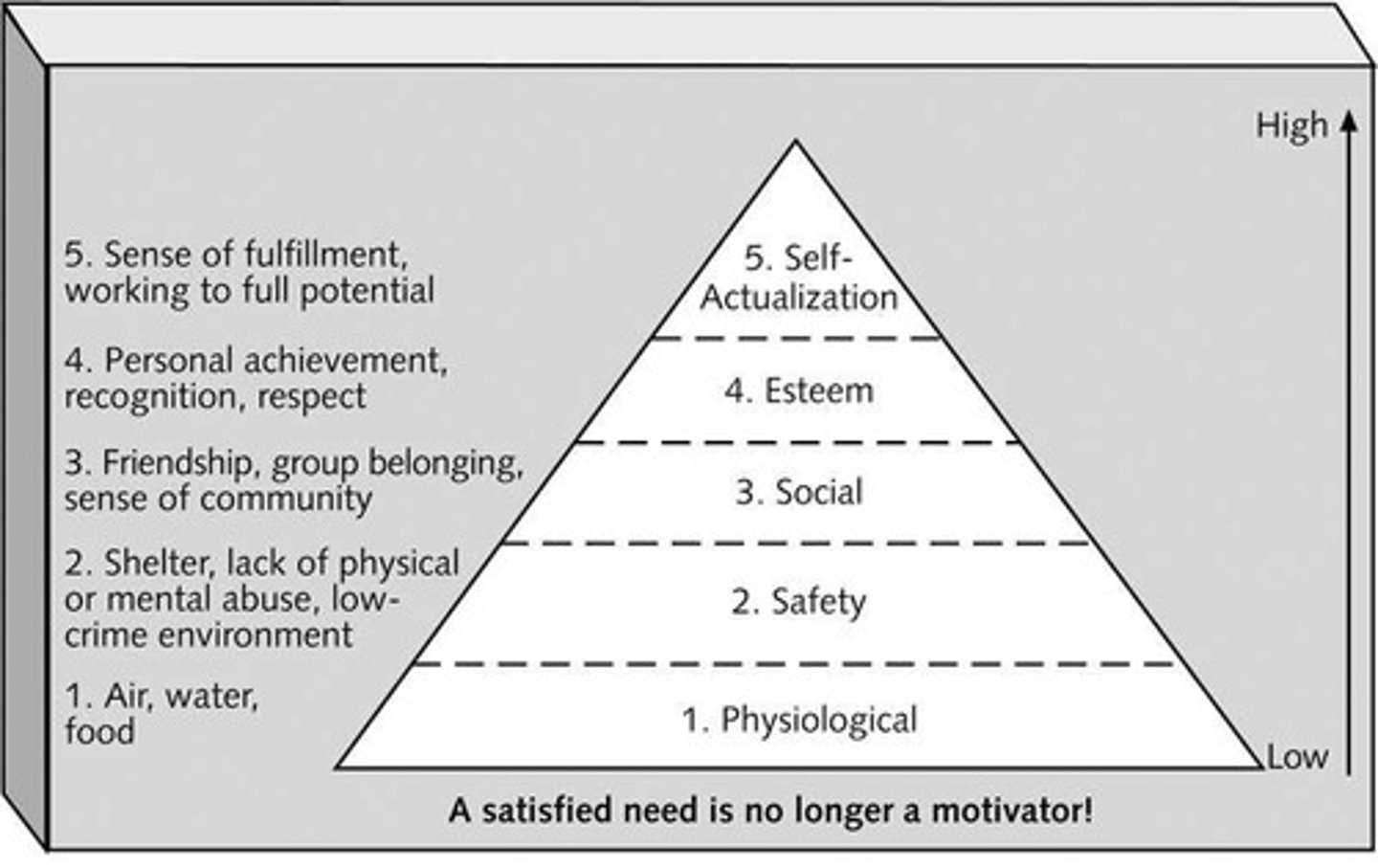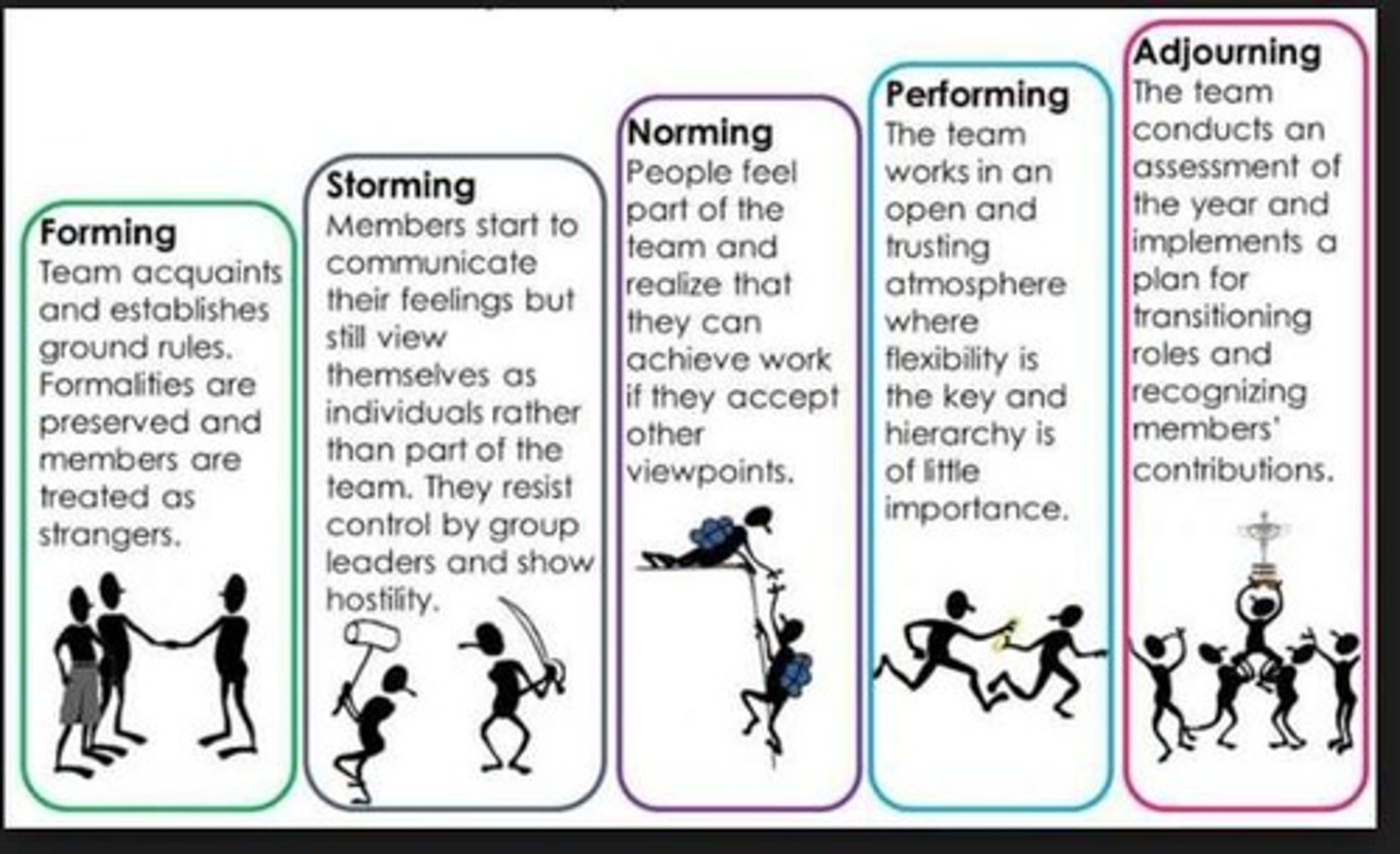CHAPTER 8: Processes, Tools, and Stakeholder Management
1/143
There's no tags or description
Looks like no tags are added yet.
Name | Mastery | Learn | Test | Matching | Spaced |
|---|
No study sessions yet.
144 Terms
Project execution
The process group where the majority of a project's time and budget is spent.
Project integration management
The knowledge area that involves directing and managing project work and project knowledge.
Manage project knowledge
A process involved in directing and managing project work.
Quality assurance documents
Documents created to ensure quality in project execution.
Executing processes
Processes that are part of executing projects.
Communications concepts
Important concepts related to project communications.
Stakeholder engagement
The process of managing stakeholder engagement.
Implementing risk responses
The process of addressing identified risks in a project.
Conducting procurements
The process of acquiring goods and services for a project.
Deliverables
Outputs produced as a result of project execution.
Work performance data
Data that reflects the performance of the project work.
Issue log
A document that tracks issues that arise during project execution.
Change requests
Formal proposals to modify any document, deliverable, or baseline.
Project management plan updates
Revisions made to the project management plan during execution.
Organizational process assets updates
Revisions to the assets that influence project execution.
Lessons learned register
A document that captures lessons learned throughout the project.
Quality report
A report that provides information on the quality of project deliverables.
Test and evaluation documents
Documents that outline testing and evaluation processes for project deliverables.
Physical resource assignments
Assignments related to the physical resources needed for project execution.
Project team assignments
Assignments that define roles and responsibilities within the project team.
Resource calendars
Calendars that outline the availability of project resources.
Team performance assessments
Evaluations of the performance of the project team.
Final products, services, or result transition
The process of transitioning final outputs to stakeholders.
Final report
A comprehensive report summarizing the project outcomes.
Updates to organizational process assets
Revisions made to organizational assets that support project management.
Milestone Report
A report that summarizes significant events in a project, including planned completion dates and responsible persons.
Issue Logs
Documents that track and monitor issues that need resolution for effective project work.
Critical Issue
An issue that prevents progress on scheduled activities, requiring urgent resolution.
Issue Escalation Process
A procedure ensuring that unresolved issues are addressed in a timely manner.
Soft Skills
Interpersonal skills that enhance communication and teamwork among project stakeholders.
Organizational Culture
The shared values and practices within an organization that influence project execution.
Project Execution Tools
Techniques and instruments used to facilitate the execution of project tasks.
Issue
A matter under question or dispute that could impede project success.
Planned Date for Completion
The target date set for finishing a project milestone.
Status
The current state of a project milestone, indicating whether it is complete, in progress, or not started.
Responsible Person
The individual assigned to oversee a specific milestone or task within a project.
Issues/Comments
Notes related to specific milestones that provide context or highlight concerns.
Priority
The level of urgency assigned to an issue, categorized as High, Medium, or Low.
Due Date
The date by which an issue or task must be resolved or completed.
Open Status
Indicates that an issue is still unresolved and requires attention.
Closed Status
Indicates that an issue has been resolved and no further action is needed.
Survey Delay Impact
The effect on the overall project timeline if a critical survey task is delayed.
Instructor-led Training
Training conducted by a qualified instructor, often emphasized for soft skills development.
Stakeholder Coordination
The practice of aligning the interests and actions of all parties involved in a project.
Change Request
A formal proposal to modify any document, deliverable, or baseline.
Just-In-Time Training Project
A project aimed at delivering training at the moment it is needed.
Change Order Number
A unique identifier assigned to a change request.
Scope Change
A modification that affects the project's scope.
Schedule Change
A modification that affects the project's timeline.
Cost Change
A modification that affects the project's budget.
Description of Change Requested
A detailed explanation of the change being proposed.
Justification for Change
The reasoning behind the necessity of the proposed change.
Impact of Proposed Change
The effect that the proposed change will have on various project aspects.
Cost of Change
$550, the financial implication of the proposed change.
Staffing Impact
One IT person will work 10 hours of paid overtime over several weeks.
Risk Level
Low, indicating minimal risk associated with the proposed change.
Explicit Knowledge
Knowledge that can be easily articulated, documented, and shared.
Tacit Knowledge
Knowledge that is personal and difficult to express, often shared through interactions.
Quality Assurance
Activities related to satisfying relevant quality standards for a project.
Quality Improvement
The ongoing effort to enhance products, services, or processes.
Benchmarking
A process of comparing project practices or product characteristics to identify improvements.
Project Documents Updates
Revisions made to project documents to reflect changes or new information.
Quality Audit
A structured review of specific quality management activities that helps identify lessons learned, which could improve performance on current or future projects.
Process Analysis
Analyzing how a process operates and determining improvements.
Project Resource Management
The effective use of resources is crucial to project execution, including acquiring resources, developing the team, and managing the team.
Key Outputs of Project Management
Physical resource assignments, project team assignments, resource calendars, team performance assessment, change requests, updates to the project management plan, enterprise environmental factors, and organizational process assets.
Motivation Theories
Project managers must understand motivation theories to effectively execute projects.
Intrinsic Motivation
Causes people to participate in an activity for their own enjoyment.
Extrinsic Motivation
Causes people to do something for a reward or to avoid a penalty.
Maslow's Hierarchy of Needs
A theory suggesting that people's behaviors are guided or motivated by a sequence of needs.

Herzberg's Motivational Factors
Factors that cause job satisfaction, such as achievement, recognition, the work itself, responsibility, advancement, and growth.
Herzberg's Hygiene Factors
Factors that cause dissatisfaction if not present, but do not motivate workers to do more, such as larger salaries, more supervision, and a more attractive work environment.
McClelland's Acquired-Needs Theory
Specific needs are acquired or learned over time and shaped by life experiences.
Achievement (nAch)
People with a high need for achievement like challenging projects with achievable goals and lots of feedback.
Affiliation (nAff)
People with high nAff desire harmonious relationships and need to feel accepted by others.
Power (nPow)
People with a need for power desire either personal power (not good) or institutional power (good for the organization).
McGregor's Theory X
Assumes workers dislike and avoid work, so managers must use coercion, threats, and various control schemes to get workers to meet objectives.
McGregor's Theory Y
Assumes individuals consider work as natural as play or rest and enjoy the satisfaction of esteem and self-actualization needs.
Thamhain and Wilemon's Authority
The legitimate hierarchical right to issue orders.
Thamhain and Wilemon's Assignment
The project manager's perceived ability to influence a worker's later work assignments.
Thamhain and Wilemon's Budget
The project manager's perceived ability to authorize others' use of discretionary funds.
Thamhain and Wilemon's Promotion
The ability to improve a worker's position.
Thamhain and Wilemon's Money
The ability to increase a worker's pay and benefits.
Penalty
The project manager's ability to cause punishment.
Work challenge
The ability to assign work that capitalizes on a worker's enjoyment of doing a particular task.
Expertise
The project manager's perceived special knowledge that others deem important.
Friendship
The ability to establish friendly personal relationships between the project manager and others.
Project resources
Include both physical and human resources.
Physical resources
Include equipment, supplies, and materials.
Human resources
Include the people required to perform the project work.
Staffing management plan
Developed during project planning to assign personnel or acquire additional human resources.
Resource loading
Refers to the amount of individual resources an existing schedule requires during specific time periods.
Overallocation
Means more resources than are available are assigned to perform work at a given time.
Resource leveling
A technique for resolving resource conflicts by delaying tasks.
Purpose of resource leveling
To create a smoother distribution of resource usage and reduce overallocation.
Team development goals
Help people work together more effectively, improve interpersonal skills, increase motivation, reduce attrition, and improve overall project performance.
Tuckman Model of Team Development
Includes the stages: Forming, Storming, Norming, Performing, Adjourning.

Training
Project managers often recommend specific training courses to improve individual and team development.
Team-building activities
Include using physical challenges and psychological preference indicator tools.
Meyers-Briggs Type Indicator
A psychological preference indicator tool used in team-building activities.